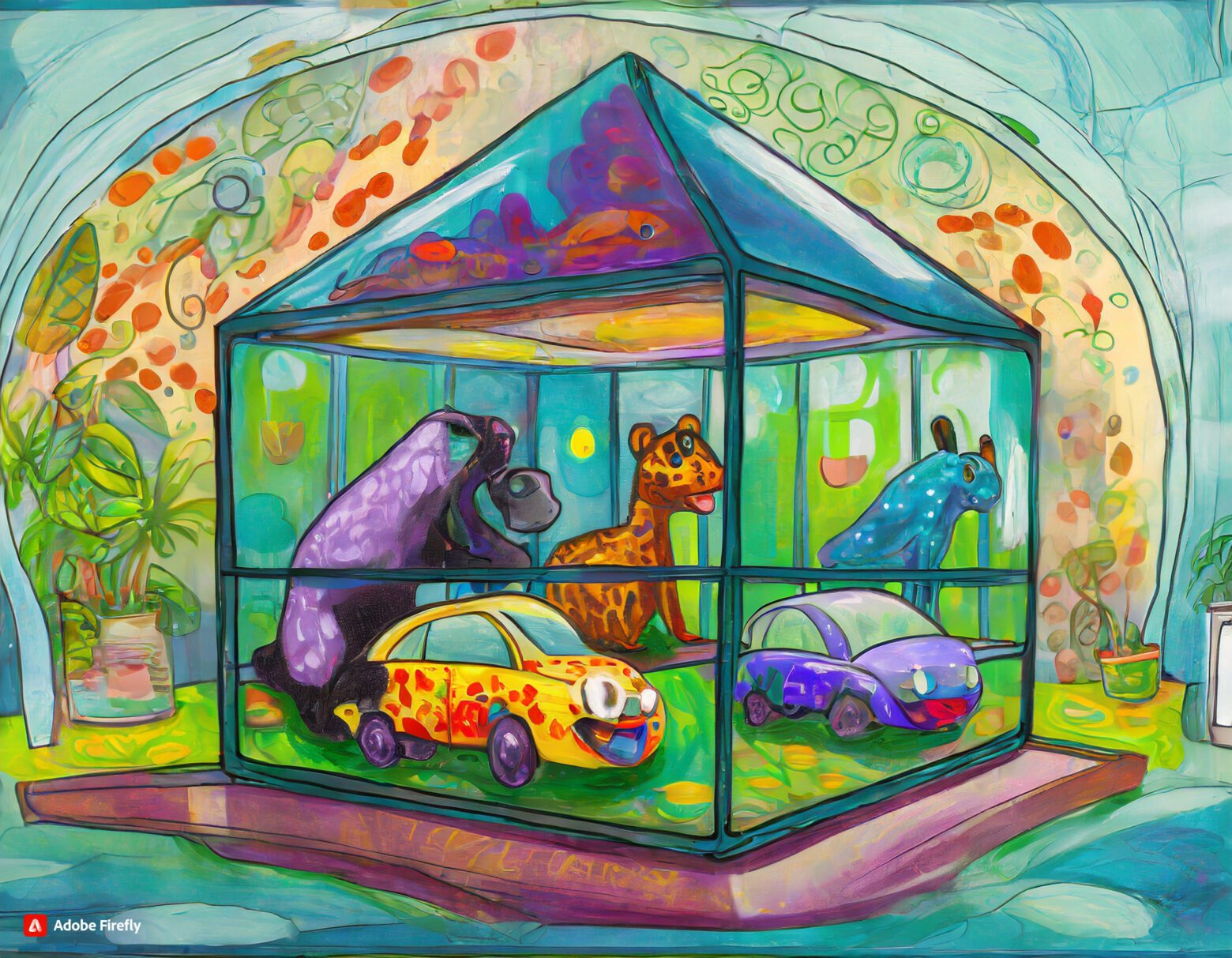
Designing Success: The Future of Business Growth through Design and Behavioral Science
In the fast-paced and ever-evolving landscape of business, the intersection of design and behavioral science is emerging as a powerful catalyst for growth. As companies recognize the profound impact of user-centric design and the science of consumer behavior, the future promises a revolutionary approach to product design that goes beyond aesthetics. Let’s delve into the exciting prospects that lie ahead and explore why the fusion of design and behavioral science is poised to redefine the way businesses innovate and grow.
In the digital era, businesses are navigating a landscape where user expectations are higher than ever. A visually appealing product is no longer sufficient; consumers demand seamless experiences that resonate with their needs and preferences. Enter design thinking, a methodology that prioritizes user empathy, iterative prototyping, and collaboration to create solutions that truly meet user requirements.
However, the future of design in business growth goes beyond the surface level. Behavioral science, the study of how people make decisions and behave, adds a crucial layer to the design process. By understanding the psychological nuances that influence consumer choices, businesses can tailor products that not only look good but also resonate with users on a deeper, emotional level.
The Future:
1. Emotional Design for Brand Connection:
- Designing products that evoke emotional responses is a key aspect of future business growth. According to a study published in the International Journal of Design, emotionally appealing designs lead to stronger brand connections, fostering loyalty and advocacy. Businesses will increasingly leverage emotional design to create products that forge lasting relationships with consumers.
2. Personalization through Behavioral Insights:
- The future of design lies in personalization, driven by insights from behavioral science. Understanding individual preferences and decision-making processes allows businesses to tailor products and experiences for specific user segments. A report from McKinsey & Company emphasizes that personalized experiences can lead to a significant increase in customer satisfaction and loyalty.
3. Human-Centered AI and UX Design:
- The integration of artificial intelligence (AI) and behavioral science is a frontier that will shape the future of UX design. By leveraging AI to analyze user behavior and preferences, businesses can optimize user interfaces and experiences. A Harvard Business Review article highlights how AI-driven design can enhance user satisfaction and engagement.
4. Ethical Design for Trust and Transparency:
- The future demands ethical considerations in design, guided by principles rooted in behavioral science. Users are increasingly valuing transparency and ethical practices. A Nielsen Norman Group report suggests that businesses incorporating ethical design principles build trust, fostering positive relationships with consumers.
Implications for Business Growth:
As businesses gear up for the future, embracing the fusion of design and behavioral science holds transformative potential. The implications for business growth are clear:
Enhanced User Engagement:
- Products designed with emotional and behavioral insights will resonate more deeply with users, resulting in increased engagement and satisfaction.
Customer Loyalty and Advocacy:
- Personalization and ethical design contribute to building trust, fostering customer loyalty, and creating brand advocates who champion the business.
Innovation and Adaptability:
- Integrating AI and behavioral science in design allows businesses to continuously innovate and adapt to changing user needs, staying ahead in dynamic markets.
Competitive Advantage:
- Businesses that prioritize the future of design by understanding and leveraging behavioral science will gain a competitive advantage. Informed decision-making based on user behavior insights will lead to more successful and resonant products.
The future of business growth through design and behavioral science is an exciting frontier that promises to redefine the relationship between businesses and consumers. As companies embrace emotional design, personalized experiences, human-centered AI, and ethical considerations, they will not only meet the demands of the evolving market but also forge meaningful connections that drive sustained growth. In a world where user experience is paramount, the fusion of design and behavioral science is the compass pointing toward success in the future of business.
Sources:
- “The Impact of Emotion in Web Design” – International Journal of Design
- “Personalization at Scale” – McKinsey & Company
- “The Future of Design in AI” – Harvard Business Review
- “Ethical Design: The Practical Getting-Started Guide” – Nielsen Norman Group
Image generated from Adobe Firefly.
